Bill Bensley is a gardener, artist, architect, champion of Mother Nature and the co-founder of Shinta Mani Wild.
Bill Bensley identified an unprotected 350-hectare wildlife corridor in Cambodia. He set out to save it with business partner Sokoun from poaching, mining and logging by setting up the incredible Shinta Mani Wild camp. The camp is a radical new fusion of world-class design, hospitality and conservation.
Sustainability informs everything they do at Shinta Mani Wild, with a partnership with the Wildlife Alliance and a Foundation which spearheads the conservation and community outreach programmes, providing local employment. Guests of Shinta Mani Wild can also actively get involved during their stay by joining the rangers on their anti-poaching patrol.
Bill’s motto is “if it ain’t fun, don’t do it”.
He aligns with this sentiment and always looks to the bright side of life. Perhaps this is why he runs daily with his beloved 5 Jack Russells!
He has a huge personality (that matches his height of 6 foot 4) and an even bigger heart.
We caught up with Bill to find out what drives him to be the best he can be.
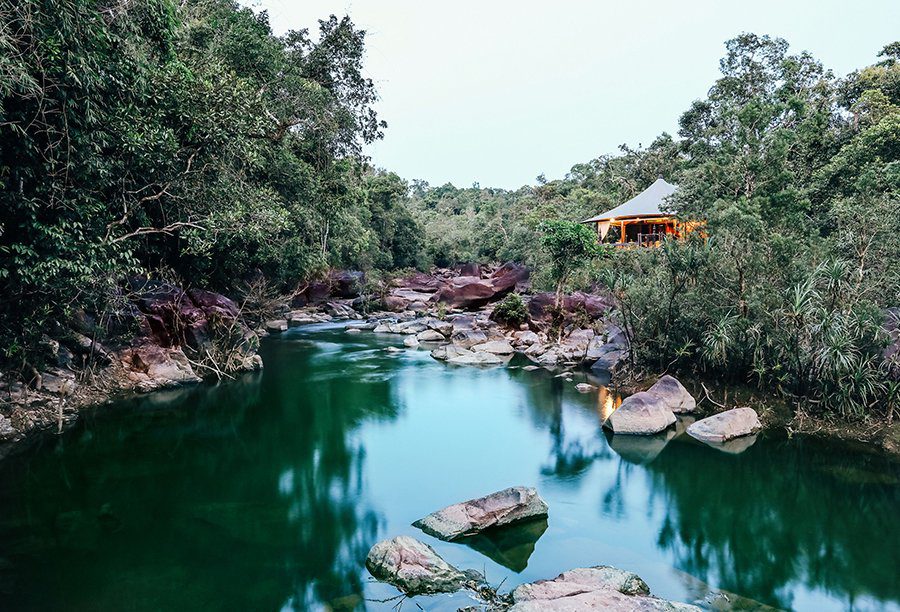
What was it that inspired you to join the travel industry?
I didn’t intend to join the travel industry as I have always had many other people’s hotels to design.
The father of my friend and business partner, Sokoun, found this land the size of Central Park that was up for auction. Sokoun and I threw in our hat, not knowing we would actually end up with it.
When we took the title of the land, we did not know what to do with it, but as I had designed the Four Seasons Tented Camp in Chiang Rai, I had an inkling of what to do, and Shinta Mani Wild was born.
The camp presses all the buttons of what Bensley stands for; conservation, wildlife protection, social responsibility, education of both guests and villagers, employment, and romantic story-telling.
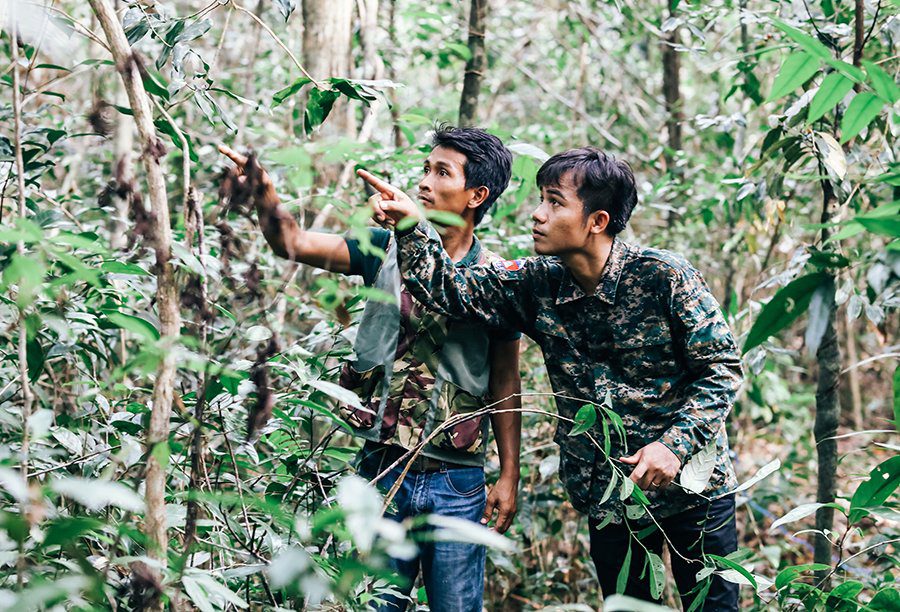
Where has been the most sustainable and inspiring place you have visited, and why?
Every summer, I go fly fishing with barbless flies in Mongolia, along the most northern Russian border. We catch and release the fish, never harming even one. As no roads exist, we travel on rafts down the Delger river for 300 kilometres.
We erect Mongolian tents called gurts and pack everything we need, and leave only footprints in the sand when we leave. If we see any garbage on the river, which is rare, we take that out too.
There is no telephone signal or electricity, save what our portable solar devices can produce. Sometimes we catch up to a herder and barter produce from them. It is the month every year when I really live life like it was. I love it.
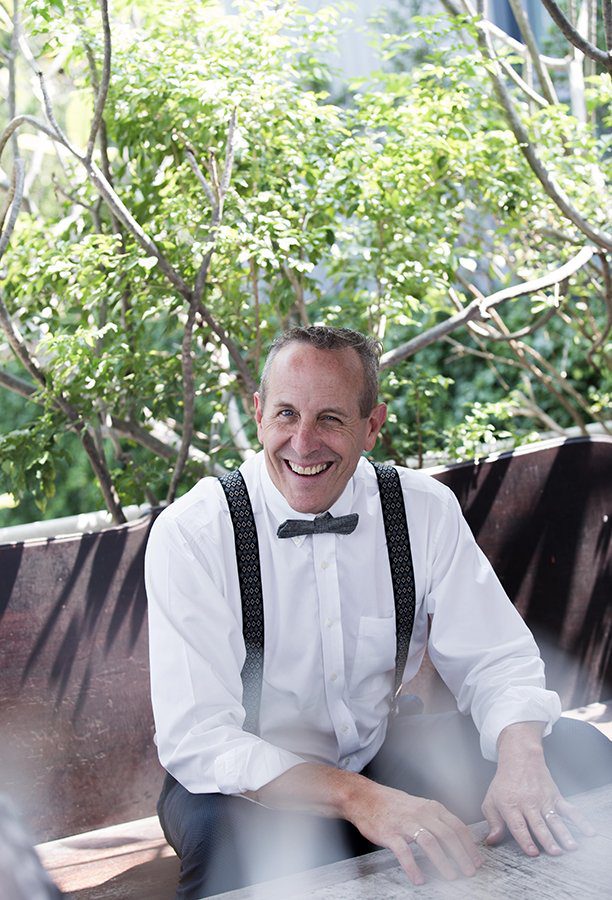
What concerns you about the long-term impact of travel on people, animals and the planet?
The main problem is man’s greed. Especially in Asia, if there is a profit to be made, mother nature suffers.
Too few governments can organize themselves well enough to realize that places of nature are resources for our children’s children and not to be consumed for today’s profit.
Too few in the travel industry put any effort into understanding the fragility of our planet. I have just released an open-source white paper, Sensible Sustainable Solutions.
It is the essence of what I have learnt building some 200 hotels over the past 37 years. I want to share my knowledge in the hope that someone somewhere in the hospitality business will learn something new and build something more sustainable.
There are some 15,000 hotels planning construction in the next five years. I want to influence the design of those new builds positively.
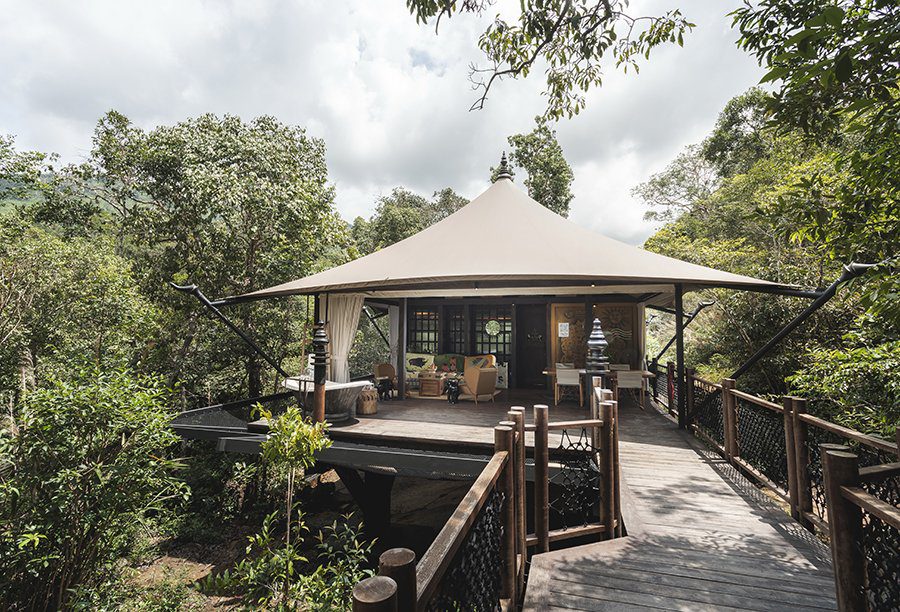
Do you think travel can change the world?
I love the words of the Dalai Lama; “Every year, go somewhere new”.
Travel brings knowledge. Knowledge brings a greater understanding of the Earth. We need to understand and implement sustainable solutions if our Earth is to bear the burden of the billions of us.
This year, 2020, I will visit my 100th country, and I plan to share what I know about sustainable solutions with 10,000 people.
I am working on a project that will potentially educate 10 million young Chinese annually about Mother Nature. If we don’t understand Mother Nature, why should we protect it?
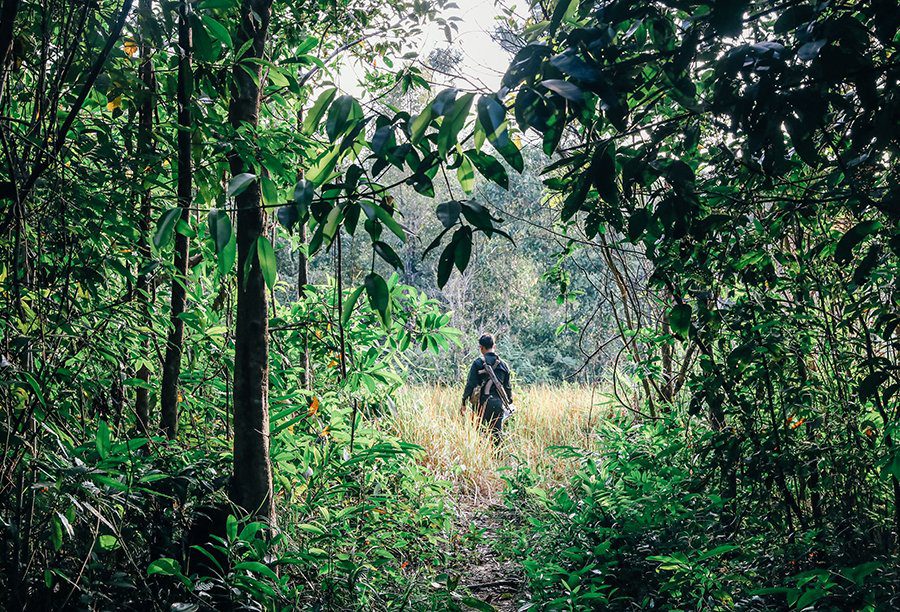
Are you seeing positive change happening in responsible and sustainable travel?
I see more greenwashing than action.
We have all seen more destruction of our environment in the last decade than man has ever seen. EVER.
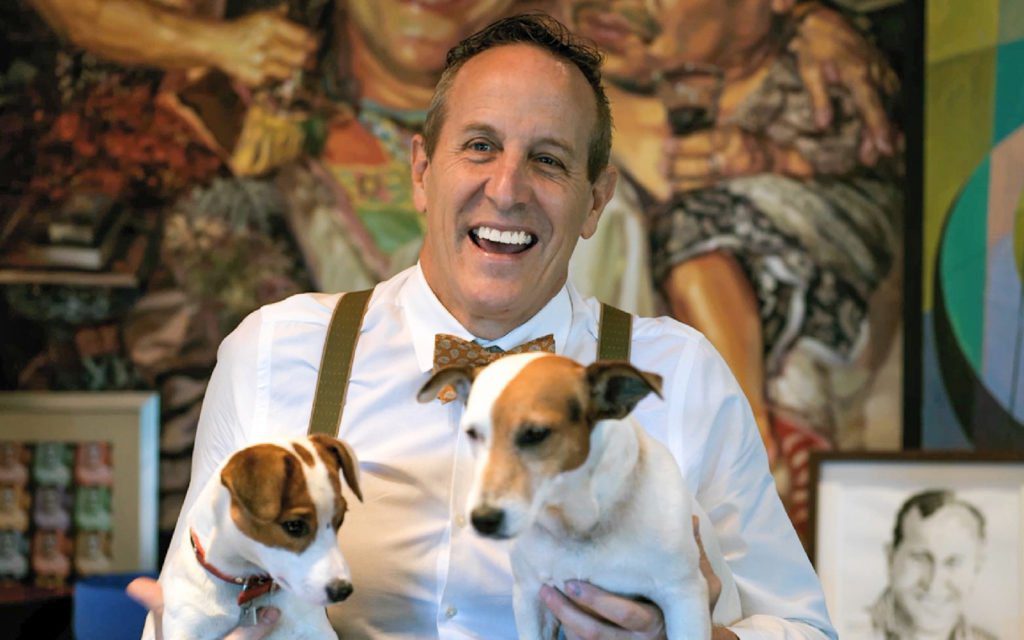
Is there a particular moment or milestone that changed your outlook and inspired you to want to make a change?
Yes. Around 1995 in Cambodia, I was exposed to absolute poverty. Child malnutrition. Adults with their eyes popped out. Ad Infinitum. It was then that I swore to myself to help Cambodians with a hand up, not a handout.
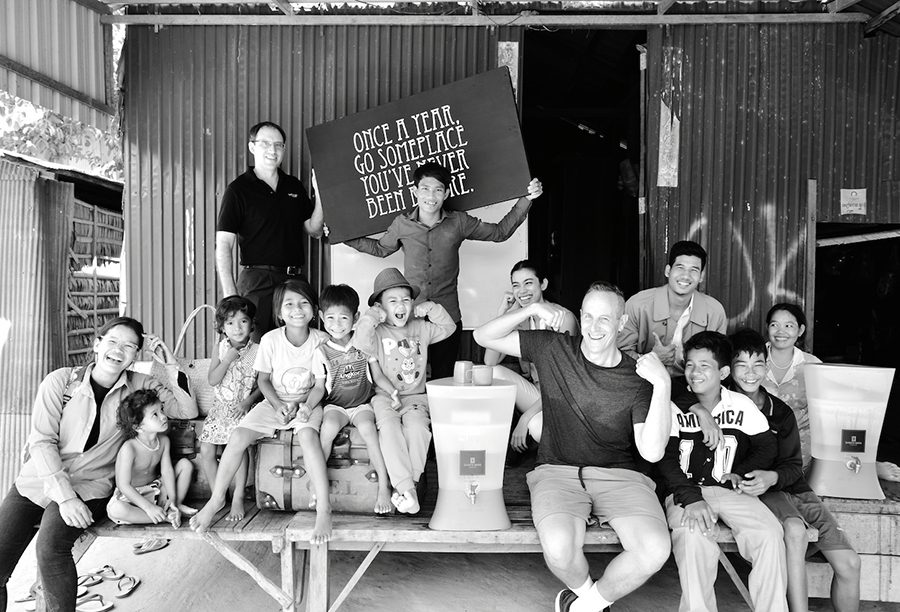
What advice would you give to people wanting to travel more responsibly?
ASK! Ask if the hotel, airline, or tour group has a NO single-use plastic policy. It probably won’t, but If enough travellers ask operators, they will eventually change.
Ask the hotel you want to stay at if they are contributing to society or the environment positively in any way. If the buyers show concern, the sellers will react to capture business.
I would love to see a policy of “Only On Request” that might help hoteliers overcome the fear of customer revolt if, suddenly, the sea of free plastic shit presented in guest rooms dries up. All the usual plastics are still available, but you have to ask for them.
“Only On Request”, I am confident, would reduce plastic waste by 70%. Four of the Shinta Mani hotels have ZERO single-use plastics, including the supply chain, and we have never once had a complaint.
Find out more: shintamani-wild.com
How can you travel to change the world?
Congratulations! You’ve already made a difference by reading this post and taking some of these insights on board.
Now you can easily create your impact by sharing your new-found knowledge. Please share this link with a friend you think would be interested or post it on your social media.
Ultimately, it all comes down to staying curious, keeping yourself up-to-date and making yourself accountable for your actions on your travels.